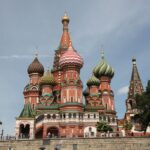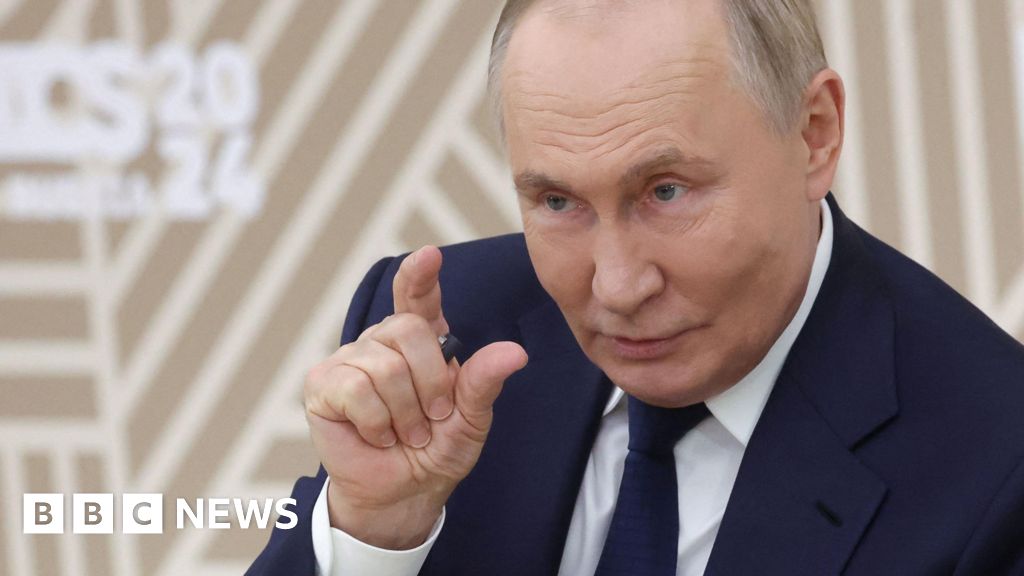Imagine that you are Vladimir Putin. The West has called you a pariah because you invaded Ukraine. Sanctions aim to cut off the economy of your country from global markets. You’ve got an arrest warrant from the International Criminal Court. How can you prove that the pressure isn’t working? Try hosting a Summit. This week, President Putin will meet with more than 20 heads-of-state at the Brics Summit of emerging economies in Kazan. Among those invited were Xi Jinping of China, Indian Prime Minister NarendraModi, and Iranian President Masoud Peshkian. The Kremlin called it “one of the largest-scale foreign policy event ever” in Russia. Chris Weafer is the founding partner of Macro-Advisory and believes that the attempts to isolate Russia failed. “It is a major part of the Kremlin’s message that Russia can withstand sanctions. We know that there are serious cracks under the surface. At a geopolitical scale, Russia has all of these friends who are all going to be Russia’s partners. “So, who is Russia’s friend?Brics is Brazil, Russia India, China, and South Africa. The grouping is often seen as a counterweight against the Western-led world. It now includes Egypt, Ethiopia and the United Arab Emirates. Saudi Arabia has also been invited to join. The Brics nations represent 45% of global population. The economies of the members are worth over $28.5tn. This is about 28% of global GDP. Russian officials have said that another 30 countries are interested in joining Brics, or seeking closer ties to the club. Some of these countries will participate in the summit. This week in Kazan, expect to hear a lot about Brics as the “global minority”. But what will the event achieve, besides giving Vladimir Putin his moment of glory on the geopolitical scene? “Many of the problems Russia faces are related to cross-border payments and trade. “And a lot of it is tied to the US dollar,” explains Mr Weafer. “The US Treasury has enormous influence and power over global trade, simply because the US Dollar is the main currency used to settle that. Russia’s primary interest is to break the dominance of US dollars. It wants Brics to create a cross-border settlement and alternative trade system that doesn’t involve the dollar, euro, or any of G7 currencies. This will reduce the impact of sanctions. “But critics have pointed out differences within Brics. “Likemindedness” is not the word you would use to describe current membership. In some ways, it’s good for the West that China cannot and will not agree on anything. Jim O’Neill is the former Chief Economist at Goldman Sachs. He says that if these two were serious, Brics could have a huge influence. “China and India try to avoid each other’s attacks a lot. It is a constant challenge to get them to work together on economic issues. “It was Mr O’Neill, at the turn-of-the century, who came up with the acronym “Bric”, for four emerging economies he thought should be “brought to the centre of global policies making”. But the four letters took on a new life, after the corresponding countries formed their own Bric groups – later Brics when South Africa joined. They would try to challenge the dominance the G7 – the world’s seven most “advanced economies” (Canada, France Germany, Italy, Japan UK and US). Egypt and Ethiopia, two of the newest Brics member countries, are at odds. Iran and Saudi Arabia are long-time regional rivals, despite the talk of detente. “The idea that all of them will fundamentally agree on a great deal of substance is bonkers,” says Mr O’Neill.
Read More @ www.bbc.com













